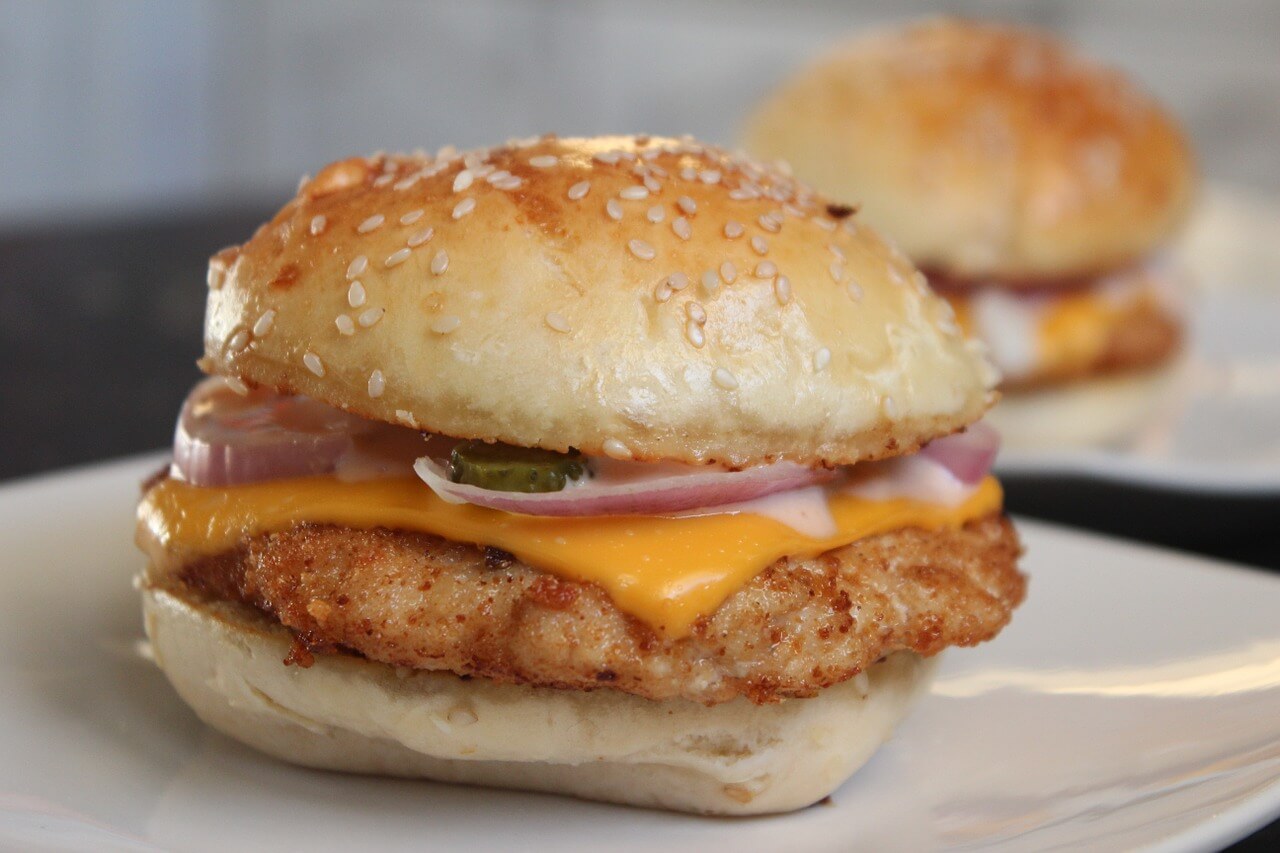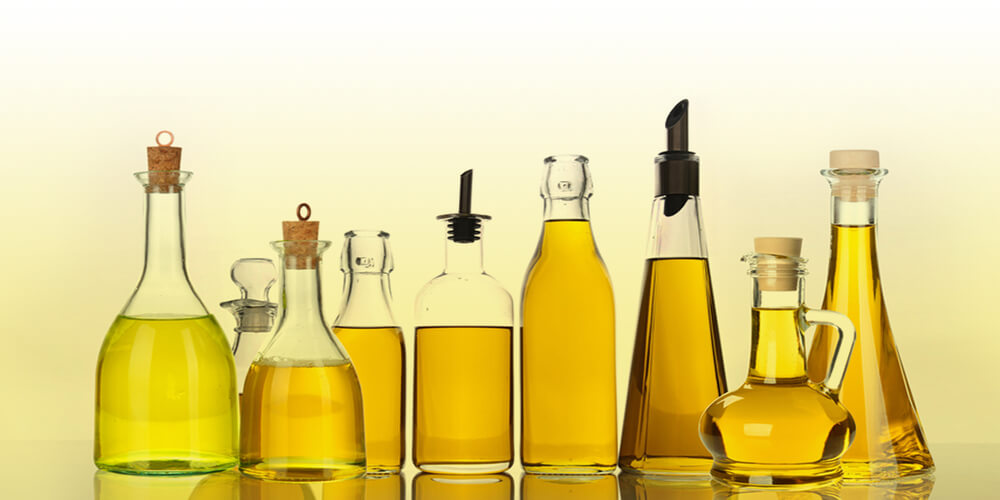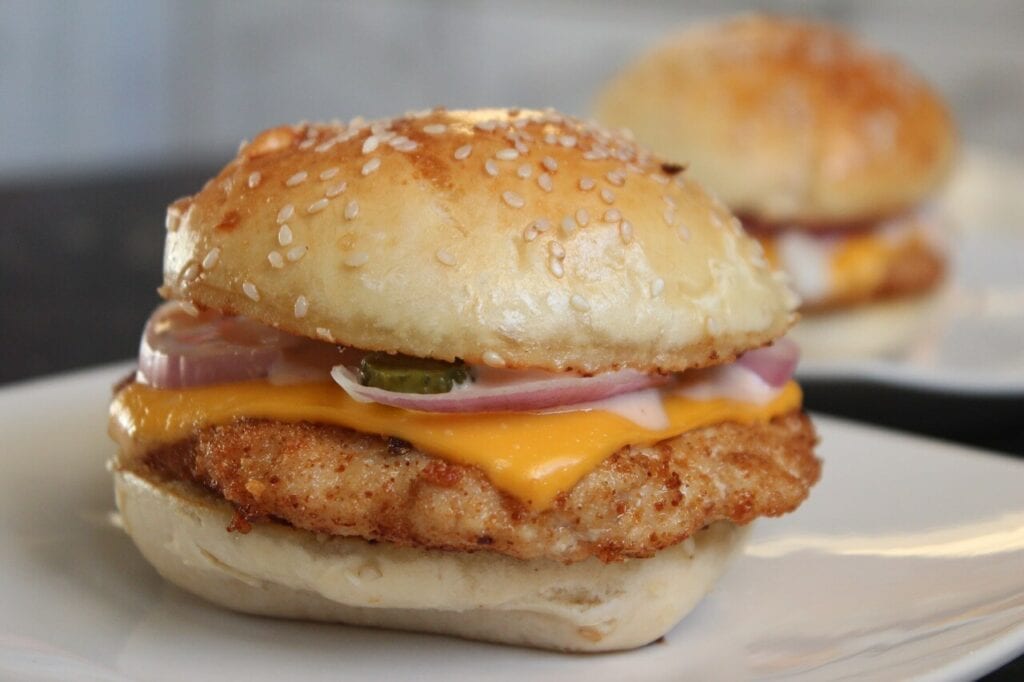Yes! Don’t rub your eye in disbelief, fats can help you in weight loss too.
Although the world focuses on the amount of fat intake, the type of fat also plays a crucial role in health promotion, disease prevention, and weight loss.
Table of contents
- About Good fats, Bad fats
- The Good fat for weight loss
- The Bad fat for weight loss
- A Daily fat intake
- What to fetch and Ditch
Good Fats, Bad Fats, and Weight Loss
Time to introduce the different type of fats. Dietary sources of fats are derived from plants and animals and if you are looking for weight loss, you need to know of these 3 types:

The Good Fat for Weight Loss and Disease Prevention
1] Unsaturated fats
These are the kind of fats found in oils. They are of 2 types – monounsaturated and polyunsaturated fat.
They help improve blood cholesterol levels (reduce the bad LDL cholesterol and increase the good HDL cholesterol) and lower your risk of heart disease.
They have also been proposed to control blood sugar level and prove to be beneficial if you have type 2 diabetes.
The Bad Fats for Weight Loss and Disease Prevention
1] Saturated fat
Now this is a controversial fat. For decades, it was classified as the bad fat that increased LDL cholesterol levels and the risk of heart disease.
However, it is currently debated whether it is good or bad for health.
2] Trans fats
This is also one of the bad fat that has shown to raise your LDL cholesterol and lower your HDL cholesterol and thereby increase your risk of heart disease, stroke, and diabetes.
So you can enjoy maximum health benefits from fats by following a dietary pattern that:
- Includes monounsaturated and polyunsaturated fats (good)
- Limits saturated fats (bad)
- Avoids hydrogenated oils and trans fat as much as possible (ugly)
| Meals | Food To Eat |
|---|---|
| Early Morning | Black coffee with two digestive biscuits Or Green tea with lemon & honey |
| Breakfast | 2-3 idlis with sambar with less salt Or Two dosas with chutney and sambar with less salt Or One small bowl of upma with chutney |
| Pre-lunch | A glass of buttermilk |
| Lunch | One bowl of rice and sambar with lots of vegetables. One bowl of curd. Or One bowl of rice with one small bowl of vegetable curry and either fish or chicken stew. One bowl of curd. |
| Evening Snack | Green tea with digestive biscuits or black coffee |
| Dinner | Vegetable clear soup or chicken soup and two chapatis. Or Mix vegetable curry, two chapatis, and curd. |
| Before Bed | A glass of buttermilk |
Daily Fat Intake
The amount of fat your body requires depends on your lifestyle, age, and weight. Most of us are sedentary workers (low activity levels) and can consume up to 25 g (4-5 tsp) of fat.
It would be best to completely avoid trans fat and limit saturated fat to 7% of the total energy per day.
Polyunsaturated and monounsaturated fat can constitute up to 10% and 20% of the total energy per day.
What to Fetch and What to Ditch
Always opt for plant and fish-based fats like avocados, nuts, seeds, salmon, ground flaxseed, and olive oil.
Whenever possible substitute cooking oils over butter because plant-based fats comprise healthy, mono- and polyunsaturated fats.

When shopping read food labels. Choose the brand that provides more of mono- and polyunsaturated fats and the one that is low in trans fat (the bad fat).
Choose milk with at least 1% fat than fat-free, so that more vitamin D is absorbed from the milk.
Watch out for ‘partially hydrogenated oil/fat’ in the ingredient list. This translates to trans fat!
For deep frying use groundnut oil, mustard oil, rice bran oil or sunflower oil. For baking, oven cooking and stir-frying use canola oil, sesame oil, extra-virgin olive oil or those mentioned for deep frying.
For sautéing and light baking (temperature is not more than 160°C) choose unrefined olive oil, flaxseed oil, and walnut oil.
However, if you are looking at weight loss, we suggest using the last 2 cooking methods because it employs less of oil.
Remember, never heat olive oil until it smokes. This can happen easily as it has a low smoking point (<150°C). When an oil is allowed to smoke, it oxidizes and releases carcinogenic acrolein vapors.
Having said this, let us clarify one more thing. Oils and fats of any kind and type are concentrated sources of energy.
Those who want to achieve weight loss needs to keep their levels under strict control. Although some fats offer more than just calories, it is important for you to pick them out.
A dietician or nutritionist is very well capable of helping you out with this decision.
The good part is, Possible is offering a FREE NUTRITIONIST CONSULTATION. Use this opportunity to learn more about fats and weight loss!
Recommended Read: 7 Healthy Habits for Weight Loss
More:

how to increase HDL cholesterol?
Hi Rakesh! HDL is high density lipoproteins, it is a good cholesterol,it will increase through certain foods which is rich in omega 3 and 6 fatty acids, like fatty fish,flax seeds, olive oil,nuts and seeds etc,,, whole grans foods too will help in increasing HDL cholesterol. Keep following our blog to know more health information.